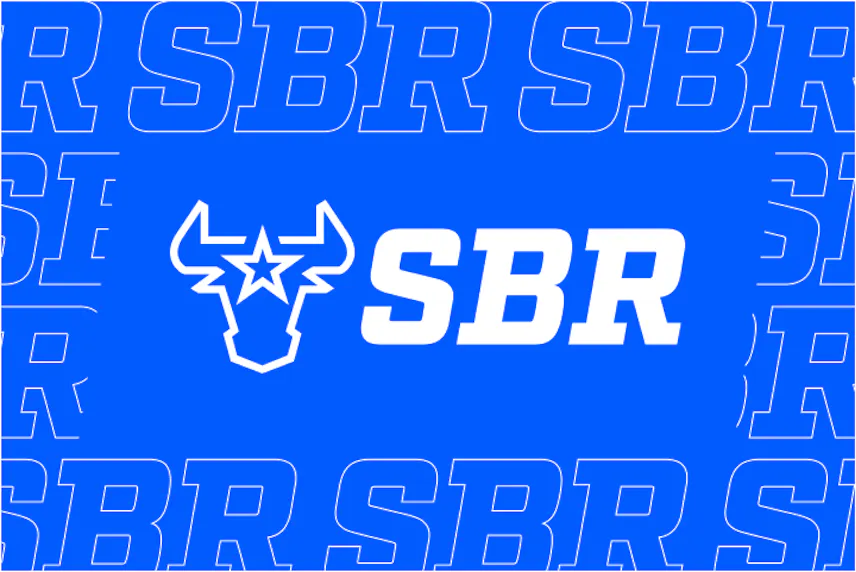YieldSec Report Details Scope of Illegal Betting Still Existing in America

Last Updated: March 25, 2024 11:38 AM EDT • 3 minute read X Social Google News Link

A recent study commissioned by the Campaign for Fairer Gambling (CFG) revealed some information the U.S. legal sports betting industry knows but cannot be thrilled with, especially when it hurts the bottom line and tax contributions of many of our best sports betting sites.
Data from YieldSec, a gambling analysis firm and the report's author, showed that illegal sports betting operators in the American market still dominate the legal U.S. sports betting scene regarding overall wagering activity.
This is despite the push to legalize online gambling across the U.S. and an effort to minimize the effect of illegal, unregulated, and untaxed operators. According to an AGA statement, illegal markets “prey[s] on Americans, undermines problem gambling efforts, and steals tax dollars from states and local governments.”
It isn't all bad news with regard to the prevalence of illegal sports betting outlets, however.
CFG founder Derek Webb states “The black market is alive and well in America. Legalizing iGambling was never going to adequately weaken the illegals. But the presence of the black market has served as a useful foil — the legal gambling sector’s main rationalization for expansion.”
Overall dominance of illegal sites
The YieldSec report looked into the wagering activity of 103 legal U.S. sports betting sites - including some of our best sportsbooks - and online casino apps in the American market, along with about 860 illegal operators currently chasing U.S. customers.
Measuring illegal gambling activity is notoriously difficult to measure, but YieldSec does its best to work around the tricky topic.
Its findings showed that an estimated $40.9 billion in gross gaming revenue was generated for those illegal sports betting sites in 2023, while just $16.9 billion in revenue was reported by legal, regulated U.S. sports betting sites.
To the chagrin of proponents of legal sports betting in the U.S., the study concluded, “Substitution from illegals to legals is simply not happening at the pace it should."
Super Bowl puts an exclamation point on conclusion
Super Bowl betting was flash point for the YieldSec study. Its findings surrounding the biggest sports betting day on American soil are eye-opening to say the least.
According to YieldSec research, there was a total of $5.37 billion bet on the 2024 Super Bowl, with a total of 350.5 million wagers taking place. Of that, just $1.4 billion of the total came from licensed, regulated sports betting providers across the country. A staggering 228.2 million wagers on the game were placed via illegal platforms. Just 122 million were placed with legal operators.
YieldSec research even found that illegal Super Bowl betting increased by about $500 million year over year from 2023 to 2024.
The American Gaming Association (AGA) research disputes those numbers, claiming that its research found that 77% of online sports bets in America were made through legal providers.
Affiliate model hurting the bottom line?
American legal sports betting outlets have been falling victim to an offshore affiliate program that has driven the illegal markets for decades, even during this time of sports betting legalization across the country.
The YieldSec report noted that of the more than 700 sites included, more than 600, or about 84%, fail to promote homegrown, U.S.-based sites. Only 119 affiliate sites bring traffic to legal sports betting providers in America.
The overall popularity of illegal sites identified in the YieldSec study makes a paradigm shift in the way that the AGA approaches the legalization and promotion of its providers. Ultimately, the health and growth of legal U.S. sports betting sites and the combat of illegal offshore companies that eat into profits and fail to contribute their fair share of taxes to the jurisdictions they target depend on it.

James Bisson X social





